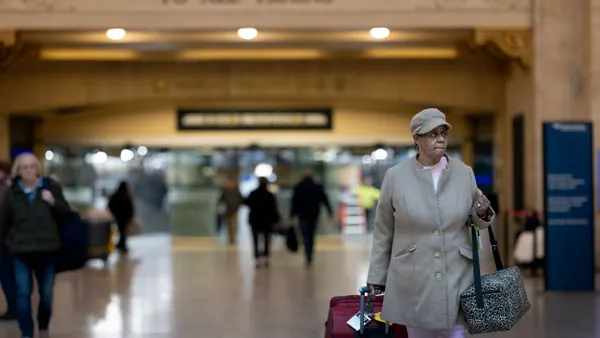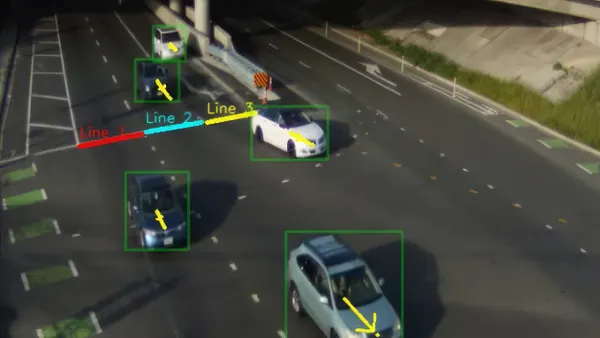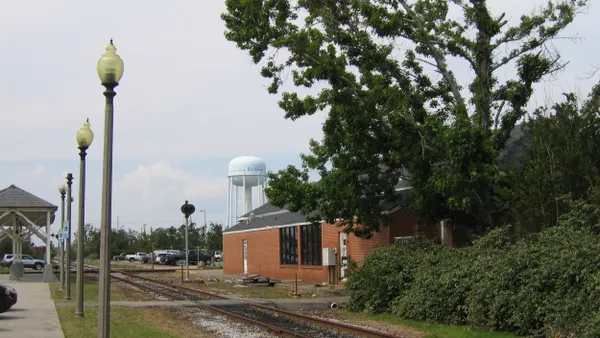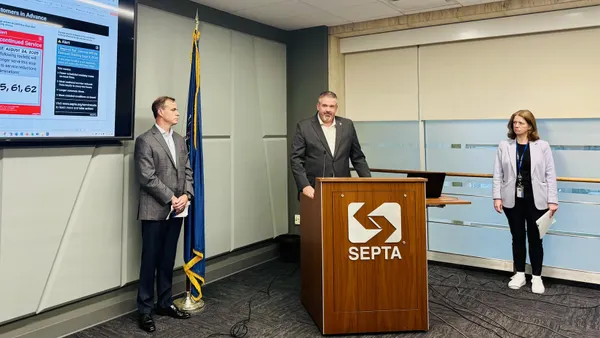The Massachusetts Bay Transportation Authority plans to spend nearly $2.5 billion in its 2024-2028 capital investment plan for commuter rail in the greater Boston region. Ridership on the 12 lines and branches has returned to about 80% of pre-pandemic norms, but that’s not the only impetus for investing in the MBTA’s commuter lines, state transportation officials said.
“Pre-pandemic, the commute was not great, but post-pandemic it has gotten so miserable,” said Massachusetts Transportation Secretary Monica Tibbits-Nutt at a commuter rail conference in Boston on Oct. 15. In her role, she also oversees the state’s highways, and the commute she was talking about is her own drive from central Massachusetts to downtown Boston. “Our roads are at a standstill,” she said.
Often, families are forced to move further out from the city to find affordable homes, Tibbits-Nutt said, which leads to long commutes on congested highways. The solution, she believes, is passenger rail. “For me and for this administration, for Gov. Healey, Lt. Gov. Driscoll, this is our priority.”
The MBTA is buying more passenger rail cars, extending a rail line to cities in southeastern Massachusetts, making improvements at Boston’s two rail terminals — North Station and South Station — and investing in safety systems for commuter rail.
Phillip Eng, who took over as general manager of the MBTA in April 2023, said at the conference that there is “nothing better than giving what the public is asking for, and they've been asking for safer, reliable transportation.” Advocates have called for the MBTA to convert its commuter rail network to a fully electrified, regional rail system.
Eng is overseeing the transformation of the MBTA’s commuter rail system to a regional rail model, for which planning began prior to the pandemic. Differing from traditional commuter rail, regional rail plans train operations around more frequent, all-day service and better integration with bus and transit lines.
The MBTA’s plan also envisions electrification of some rail lines. The agency committed in July to obtaining battery-electric trains for the Fairmount Commuter Rail Line, which serves an environmental justice community and last year saw ridership at 130% of pre-pandemic levels. The electric trains, expected to be in service in 2028, would run every 20 minutes.
Tibbits-Nutt grew up in northern Indiana, where she said she rode trains on the South Shore Line to Chicago. “It is the train that made me fall in love with rail,” she said of the commuter line. She previously served on the MassDOT board of directors and was vice chair of the Fiscal Management and Control Board that oversaw the MBTA. Speaking about the agency’s commuter rail, Tibbits-Nutt said, “The rail service we have is fantastic now. We just need more of it.”











